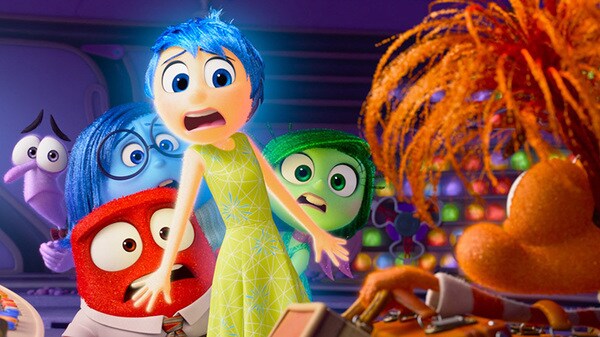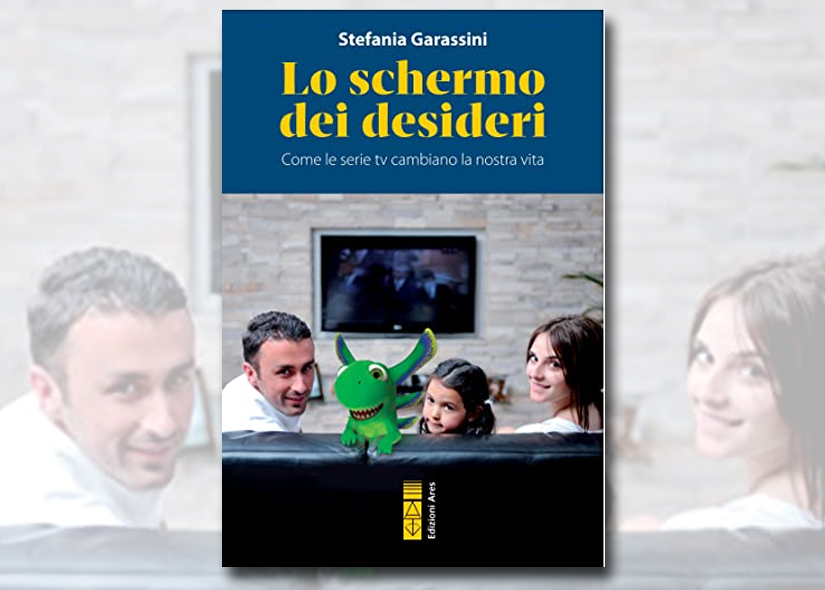When a newer love is always greener…
Love stories in movies often have plots straight out of common clichés.
Just consider the classic scene where a future spouse flees the altar just
in time to meet the person she truly loves, who also at right moment has
made a mad dash to the wedding to try and stop the ceremony. One film with
this climax is the romantic comedy The Wedding Planner (2001),
with Jennifer Lopez, directed by Adam Shankman.
Yet another plot constantly rehashed is where a man and a woman, once madly
in love, reunite after being separated for years. Inevitably, the flame is
reignited and after passing through a series of problems related to new
lives of the other, the two finally get back together. There is a story
with this theme in Letters to Juliet, a 2010 movie directed by
Gary Winick.
Then there’s the typical story that arises between two friends/enemies, who
hate each other but at the same time are mutually attracted and who usually
end up falling in love after facing an adventure that has forced them to
spend a time together, thus giving them a chance to get to know and
appreciate the other better. An example of this is The Princess Diaries (2004) directed by Garry Marshall.
And finally, there is the man or woman who is divorced or going through a
marriage crisis who finds love again outside marriage … Now disillusioned
and frustrated, they meet someone who leads them to believe again in love.
Those strong feelings, which died during the first union, are resurrected
in this second relationship. An example of this occurs in the film All you need is love, directed by Susanna Bier.
Not uncommonly, these clichés intertwine and overlap. But for now, we will
only dwell on the latter example.
No marriage is crisis-free
This is not the place to discuss concepts better suited to family or couple
therapy, but it is common knowledge that every marriage can go through
periods of crisis, of different lengths and intensity.
No relationship – above all that of a spousal nature characterized by
coexistence and exclusivity – is devoid of problems and no longer being
happy with their spouse is a feeling that can happen to anybody. A person
may even get to the point where they no longer recognize the person they
loved in the man or the woman by their side.
So the obvious question arises: what is the solution?
A definitive commitment that needs nurturing over time
It is necessary to specify that we are talking about marriage, not
engagement: two engaged, in fact, are experiencing a phase of knowledge,
during which it is legitimate to realize that there is no basis for going
forward and even leaving it is sometimes a sign of courage and humility…
Two married people, however, have come to swear to eternal love. To wish
that a love does not end and to promise – against every doubt and fear –
unlimited fidelity, it has probably found something unique and precious in
that bond, something that perhaps deserves to be rediscovered and dusted
off if it is consumed by the debris left by the life challenges.
It can also be, of course, that two people are wrong to choose each other.
Perhaps due to naivety or imprudence, a man and a woman marry with little
awareness, without the preconditions for a lasting union.
It may also be that, in the midst of a union dictated by other motives
other than love, two people discover and learn to love the other. The
latter option, narratively absent in the imagination created by
Romanticism, has been found to be true in reality. History has taught us
that not all couples created for dynastic or state reasons have been
unhappy, nor all the marriages of peasants celebrated for “interest” or for
the sake of things they were necessarily miserable. This dynamic can be
present even today, albeit more rarely.
In any case, there are many cases of “great love”, which has led, in fact,
to swear with fervour and conviction to spend the rest of their lives
together.
Why, therefore, is the notion of revival of marriage not given more value?
Why is the loophole of a “brand new love” emphasised instead of showing
that it is beautiful and possible to resurrect a marriage?
Why are first wives and husbands presented as monsters, blind and
insensitive, convincing the viewer that there is nothing left to do to
bring that relationship back to life?
Falling in love again: Mission possible
People can change, yes, but often the filmmakers use as a fictional
narrative the figure of the former wife’s like the wicked stepmother of Cinderella, or the figure of her former husband as an ugly beast,
so the viewer is brought to root for the new love story.
In another
article
we have invited you, dear directors, to be more original…. Let us again
appeal to your creative ability to ask you to help us with your films to
contemplate the beauty of a love that can emerge from the rubble as
Nicholas Sparks has skilfully shown in a novel
we talked about
. Of course, talking about a new, fresh and newborn love is simpler …
because it’s easier to fall in love with a new person than to fall in love
with a person who you have started to detest or no longer recognize.
But love, true love, is not afraid of fatigue and tribulation. It is not
afraid to die, and then be born again. True love is not matched by
butterflies flying in the stomach, tuning, and romance … it is measured
in the ability to tighten your teeth in a moment of crisis, in the ability
to hope and to fight against any temptation to be able to always get up
together.
Dear directors, do not be afraid to show us such love.














